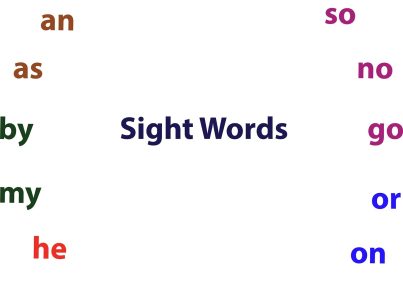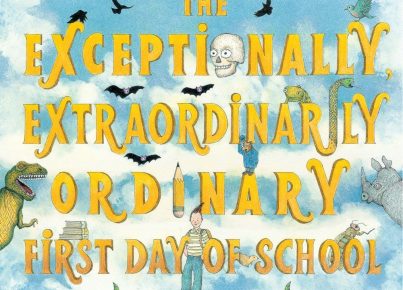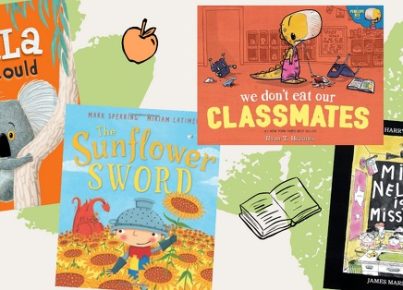Language development is not an isolated skill. Once a student learns to read and write and becomes familiar with new vocabulary, it will trickle into their understanding of other topics and subjects.
Therefore, parents and teachers should realize that helping children expand their vocabulary is one of the most effective ways to help children learn science concepts. Continue reading to learn how you can work on both your child’s language development and scientific literacy.
Language Proficiency and Scientific Literacy Go Hand In Hand
A child is curious and easily stimulated during their early years. Therefore, that is the best time to help them learn a lot of things.
While they learn to read and write English, they should also expand their vocabulary with words specific to other subjects. This will improve their learning of different subjects. For instance, they could learn words like “era”, “reign”, and “empires”, which would help them in their history lessons.
How To Increase Scientific Literacy In Classrooms
First, realize that students do not have compartments in their brains to learn only one thing at a particular time. Instead, their brains are like sponges that are ready to absorb knowledge at all times. Make use of that.
You can write down words often used in a laboratory or science class and pin them onto the classroom word wall. Start by listing words such as predict, estimate, atmosphere, and so on.
Moreover, make sure that those words are not just stuck on the wall. Model them during conversations. You can say, “You’re right, Sarah, the greenhouse gases are changing Earth’s atmosphere by making it warmer.”
Specific Ways To Model Language and Develop Science Concepts In Class
- Conduct experiments in the laboratory. This will help model science-related vocabulary and allow students to learn while engaging and having fun experiences.
- Encourage children to speak during discussions. Try to subtly suggest new words that they could use to express their thoughts.
- Ask open-ended questions that promote predicting and problem-solving skills. For example, you can ask students questions like, “This is 50 ml of oil, and it is denser than water. Do you predict it will float on water or sink?” Make them write their predictions down or discuss them one by one.
- Children can observe what happens during experiments. However, they do not have the vocabulary to explain it, so continue speaking and explaining what happens during science experiments and activities. For example, when showing how filtration works, you can say, “The chalk does not dissolve in water, so it remains as residue on the filter paper.”
Concluding Thoughts
Students’ learning does not happen in a bubble. Their language development and scientific literacy are interconnected. There are many ways that both could be improved together. Incorporate the tips discussed above, and you will be able to do just that.




